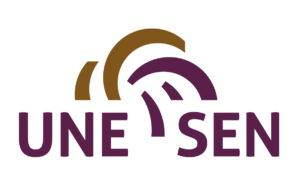
The Federal Public Sector Labour Relations Board has upheld PSAC’s decision to declare impasse in Parks Canada bargaining. In August, the employer disputed PSAC’s determination that both parties had reached an impasse in bargaining. They sent a request to the Labour Board arguing that declaring impasse was “premature” and that both parties had not sufficiently bargained.
The Labour Board disagreed with the employer and denied their request to delay the establishment of a Public Interest Commission (PIC). In a letter outlining the verdict, the Labour Board stated that PSAC’s Parks Canada bargaining team had “negotiated sufficiently and seriously” and therefore they would be recommending the establishment of a PIC.
Employer backs out of mediation
Both PSAC and the employer indicated that they would be open to mediation. Therefore, in August, the Labour Board assigned a federal labour mediator so that both parties could engage in mediation while waiting for the establishment of the PIC. PSAC told the Labour Board that it expected the employer to come to mediation with a complete monetary proposal and with a response to the union’s pay and workforce adjustment (WFA) proposals. In September, the employer responded that they were no longer willing to move forward with scheduled mediation because they have no mandate, despite initially requesting continued negotiations and mediation.
The Labour Board has scheduled a Public Interest Commission for Parks Canada bargaining January 27 to 30, 2020.
What is a Public Interest Commission (PIC)?
Under the law that governs contract negotiations in the federal public service, once impasse is reached, a PIC is established to help the parties reach an agreement. The PIC is a panel of three people – a chairperson appointed by the Labour Board and nominees appointed by the union and the employer. The union and the employer submit briefs and explain their positions on the outstanding issues at a hearing with the PIC. The PIC then issues a report with recommendations for settlement. The recommendations are not binding.
Once the PIC releases its report on Parks bargaining, PSAC’s bargaining team will meet to discuss the recommendations. Traditionally, following this, PSAC’s negotiating team and government representatives return to the table to resume negotiations.
Will we strike?
Regardless of which party forms government after the fall federal election, PSAC will continue pressing for a fair deal that addresses Parks members’ demands. However, if PSAC and the government are still unable to reach an agreement after the PIC report is issued, Parks members will have the legal right to strike. All members impacted will have the opportunity to vote in favour or against strike action. In preparation for this possible situation, PSAC will ensure that strike training is offered to members in the coming months.
Source: PSAC









